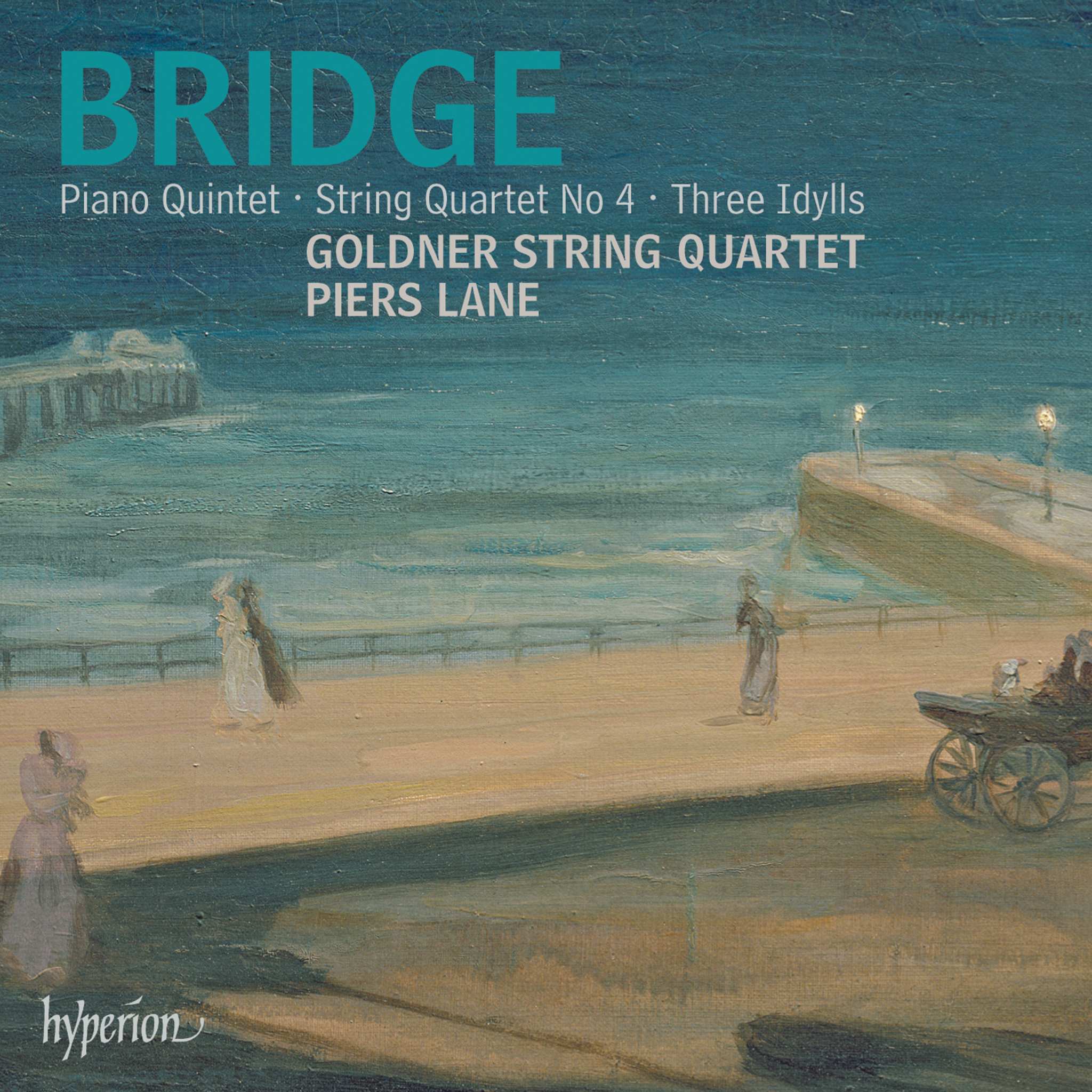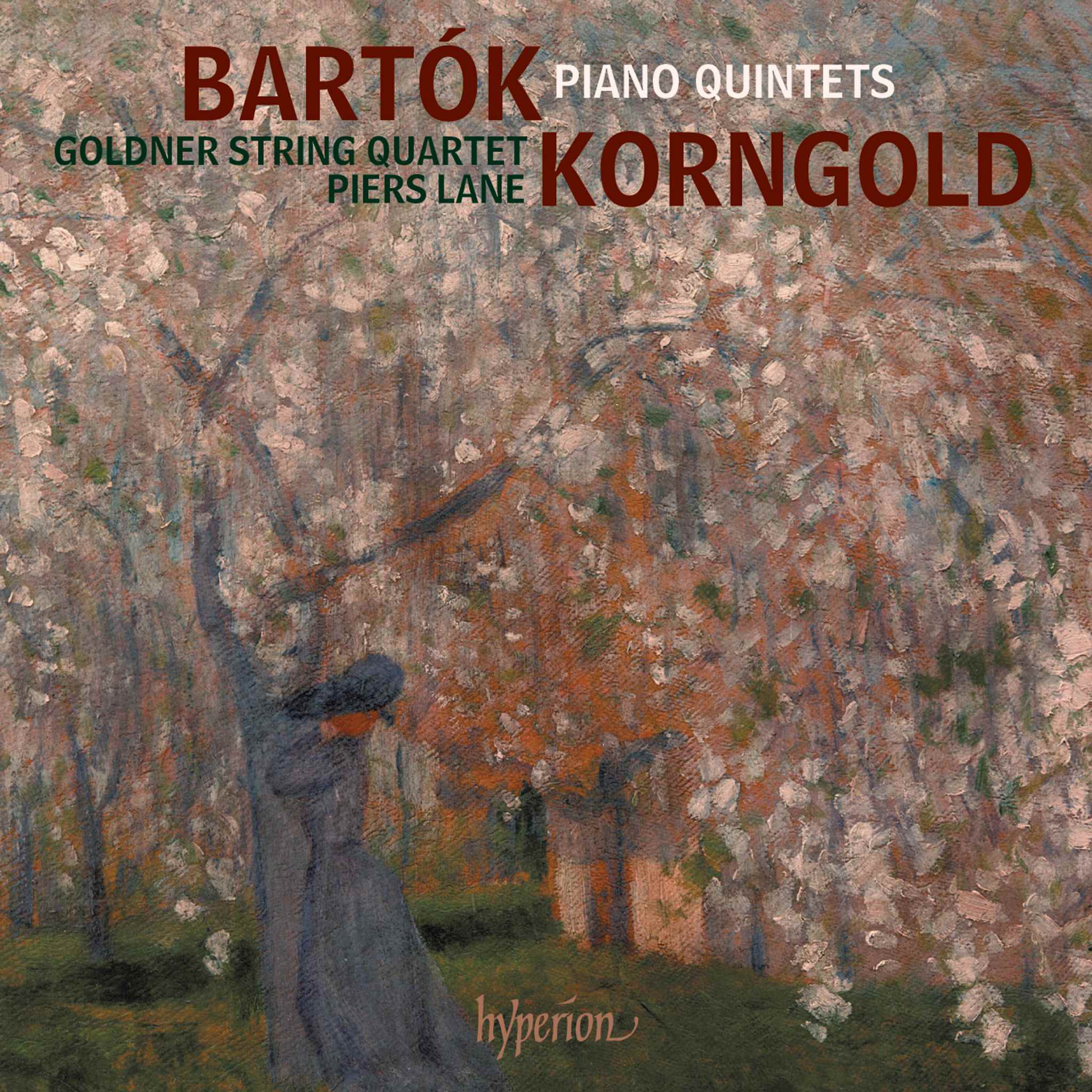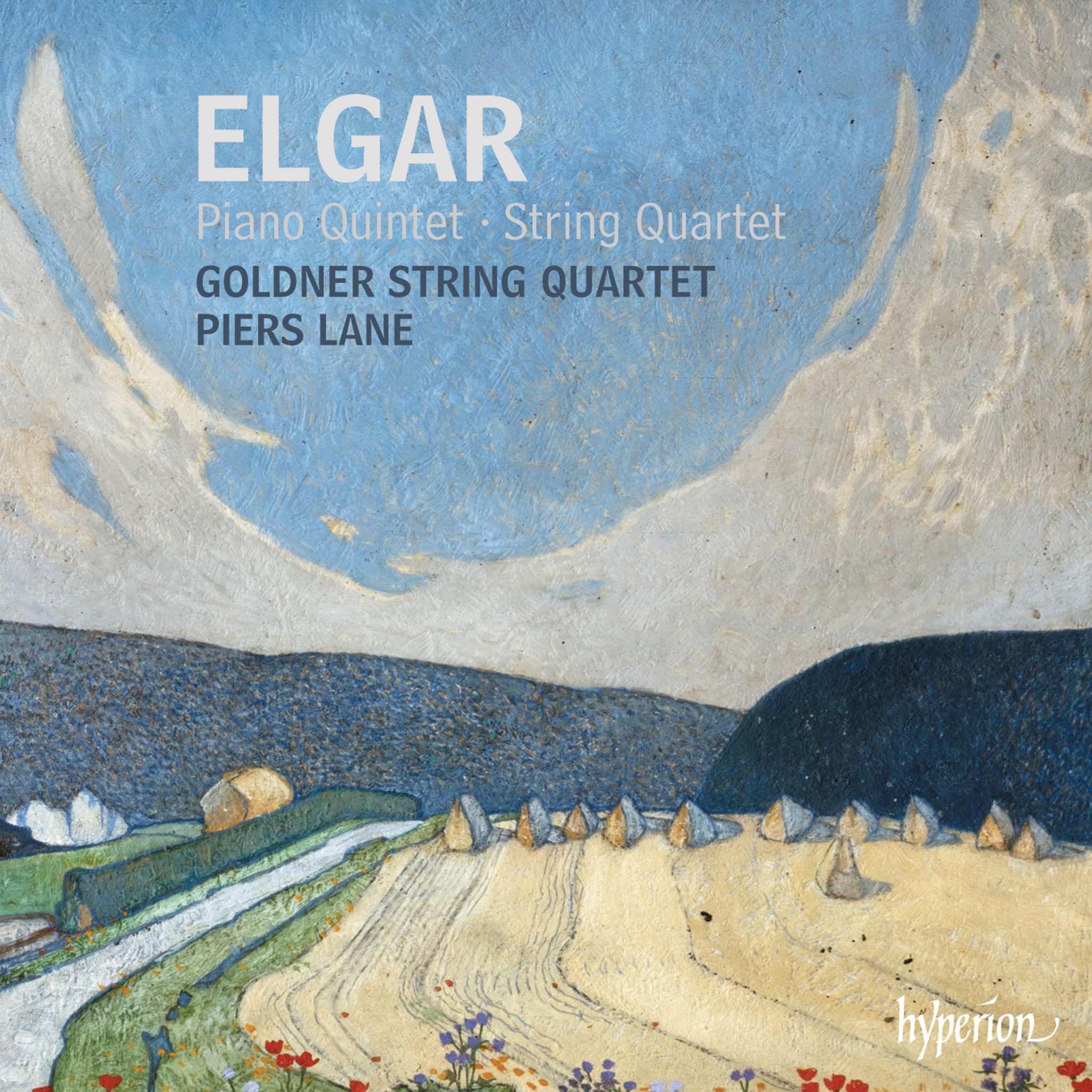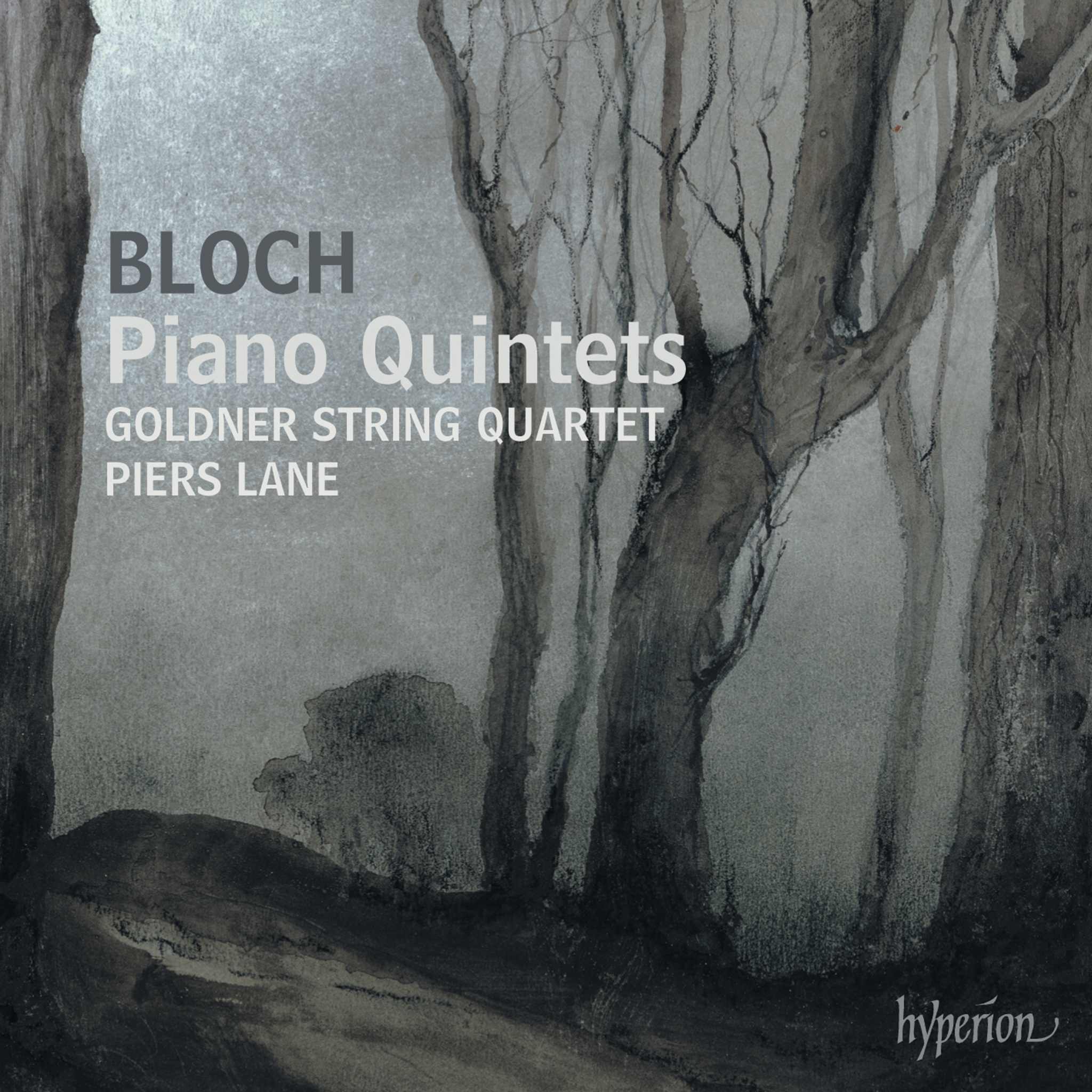After Frank Bridge's death in 1941, many of his works fell into obscurity. His shorter instrumental pieces, often referred to as "salon music," in particular, long defined his reputation. Benjamin Britten, himself a student of Bridge's, emphasized the importance of Bridge's contribution to chamber music in a passionate defense in 1947. Bridge's music is characterized by French-influenced elegance and refined melodicism; his piano writing and subtle melodic transitions especially reflect this influence.
The Three Idylls, which Bridge dedicated to the Australian Ethel Elmore Sinclair, demonstrate his exceptional sensitivity to the string medium. His Piano Quintet in D minor began as a powerful work that underwent profound transformation through later revisions. After the First World War, Bridge's musical style changed fundamentally, a fact also noted by Britten. In his later years, Bridge received support from the patron Elizabeth Sprague Coolidge, which resulted in significant chamber music compositions. The creation of his last string quartet was marked by intense inner struggles that underscored his mortality but simultaneously generated a spirit of creative renewal.
Despite serious health problems in the late 1930s, Bridges' creative energy intensified, ultimately leading to the completion of his fourth string quartet. This work exemplifies his focused and progressive compositional style and represents a high point in his oeuvre. Each of the quartet's three short movements reveals a nuanced musical language that testifies to Bridges' extensive experience and artistic legacy.
The tireless work on this quartet and its subsequent premiere demonstrate Bridges' unwavering determination, even in the face of his own mortality. His expression evolved toward a modern interpretation of classical forms, characterized by unusual harmonies and rhythmic richness. At the end of his artistic career, the fourth string quartet remains a powerful testament to Bridges's indomitable spirit and his musical legacy.









